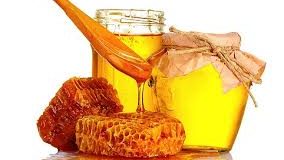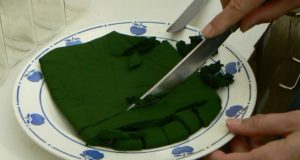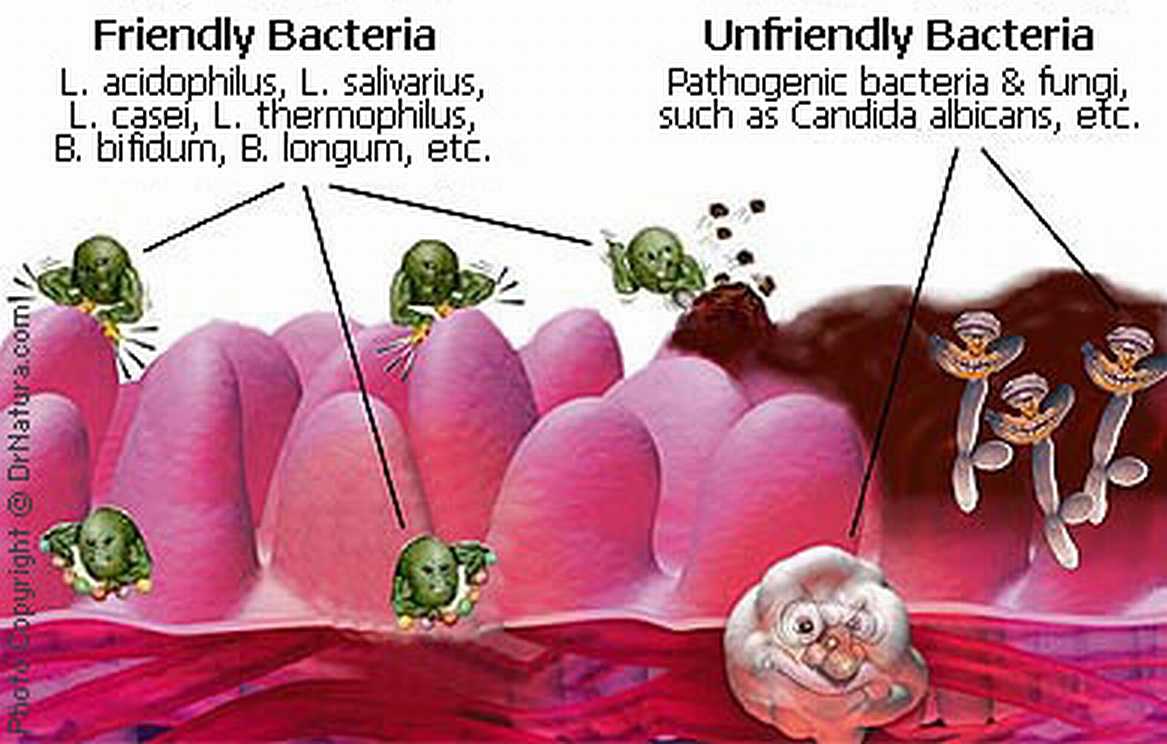
You’ve just finished a tough weight lifting workout. Now comes the “real” hard work. The actual gains from working out don’t come so much from the time in the gym but from the time outside the gym where you rest and your body is able to respond to difficult workouts and repair muscle. The building blocks of muscle is protein, so common sense says that we need to eat protein to maintain, repair, and build muscle. Choosing the right high protein foods is vital. The right foods will not only help you repair muscle as efficiently as possible but it will also increase your overall health.
Although there are virtually thousands of foods to choose from, we’ll look at a handful of the best muscle repairing foods that are high in protein.
What Are the Best High Protein Foods?
The best high protein are those that are low in saturated fat and they contain high amounts of quality protein. These foods are what is known as “complete proteins”. This is because they contain all of the amino acids that the body requires to build and repair muscle. Complete proteins are not only the best muscle repairing foods but they also have a high biological value or BV rating. This means that the protein can be more readily and easily utilized by the body due to the configuration of the amino acids within the food.
Following are some of the best muscle-repairing foods that will keep you healthy, strong, and able to handle those tough muscle-burning workouts.
Eggs
Eggs are probably the best high protein food that mother nature has to offer. They are quick and easy to prepare, offer the highest biological value (BV) of any food, and taste great. Their high biological value is important for anyone interested in building lean muscle or repairing muscle since eggs can be more easily utilized by the body for protein synthesis that other foods with protein.
Quick Take on Eggs:
- Easy to prepare and they are portable (when hard boiled)
- They are low in carbohydrates. They are relatively high in fat but only contain two grams of saturated fat. The fat content is in the yolk, so that can be removed if the fat is an issue.
- Eggs are also a good source of vitamins A and B. They also have small amounts of vitamins D and E.
- Eggs are an excellent source of iodine, phosphorous, zinc, selenium, calcium, and iron.
- Has a BV of 90-100
Fish
Fish is a wonderful high protein food that should be a regular part of any healthy diet. Most varieties of fish have very high amounts of quality protein, virtually no carbohydrates, and very little saturated fat. The most beneficial fish to eat are those of the cold water variety since they will also be high in omega 3 fatty acids (helps to reduce triglycerides, heart rate, blood pressure, and atherosclerosis). Some examples of cold water fish include salmon, trout, sardines, and tuna fish.
If you really don’t have a taste for seafood, but would like to include fish in your diet, stick to the milder tasting fish such as mahi mahi, tilapia, halibut, walleye, or cooked tuna. Note, however, that the milder tasting species of fish will be much lower in Essential Fatty Acids.
Quick Take on Fish:
- Cold water fish like salmon, sardines, and tuna have omega 3 fatty acids which are very beneficial to health and a perfect source of high quality protein.
- Easy to digest compared to other meats like pork or beef.
- Fish is very nutritious as it contains ample amounts of minerals like calcium, iron, and zinc.
- Has a BV of 70-80
Chicken
Chicken is an excellent high protein food that low in fat (when it is boneless and skinless) and easy on the wallet (economical).
Quick Take on Chicken:
- Available almost everywhere and relatively expensive.
- High in protein content that is high quality and low in fat (when boneless and skinless).
- Rich in B vitamins, selenium, and phosphorous.
- Has a BV of about 80
Beans
Beans may not be thought of as a high protein food but they are highly nutritious, have a decent amount of protein, and are high in fiber. So anyone interested in building and repairing muscle should pay attention to beans.
Quick Take on Beans:
- High in both protein and fiber. Remember, fiber aids digestion and will help you feel full so you are less likely to cheat and eat foods you shouldn’t such as bad carbs.
- They are extremely low in fat content, so they should be a staple for any diet where you are trying to shed body fat.
- Kidney beans in particular are the best. They are a good source of folate, manganese, iron, copper, potassium, and phosphorous.
Low Fat Dairy (Milk, Yogurt, and Cottage Cheese)
Low milk, yogurt, and cottage cheese are excellent high protein foods that each contain high amounts of usable protein (high BV). They are easy to prepare and widely available. Yogurt carries an additional benefit of having live bacterial cultures which are good for you digestive system.
Quick Take on Low Fat Dairy:
- Most dairy products have a high biological value.
- Dairy is readily available.
- Dairy is an excellent source of calcium, vitamin B, potassium, zinc, and iodine.
- Has a BV of 80-90
Lean Red Meat
Red meat that is lean is a terrific high protein food. Although they are a good protein source, they are also fairly high in saturated fat. Consumption of red meat should be limited to maybe one or two times a week. Examples of lean red meet include beef, venison, and buffalo.
Quick Take on Lean Red Meat:
- Lean red meat has a very high protein content
- The amount of saturated fat is high compared to other high protein foods, so intake should be limited.
- It is a good source of B vitamins, iron, phosphorous, selenium, copper, and zinc
- Has a BV of about 70.
There you have it, the best foods for building and repairing muscle. So look to incorporate them into your diet and keep your body running optimally and repairing muscle efficiently as you work through challenging workouts and continue progressing towards your fitness goals.

Source by Jonnie Blaylock
Can World Health Organization solve pharma’s fake remedy problem
 Vitamin Agent The Health & Naturalistic Source
Vitamin Agent The Health & Naturalistic Source





